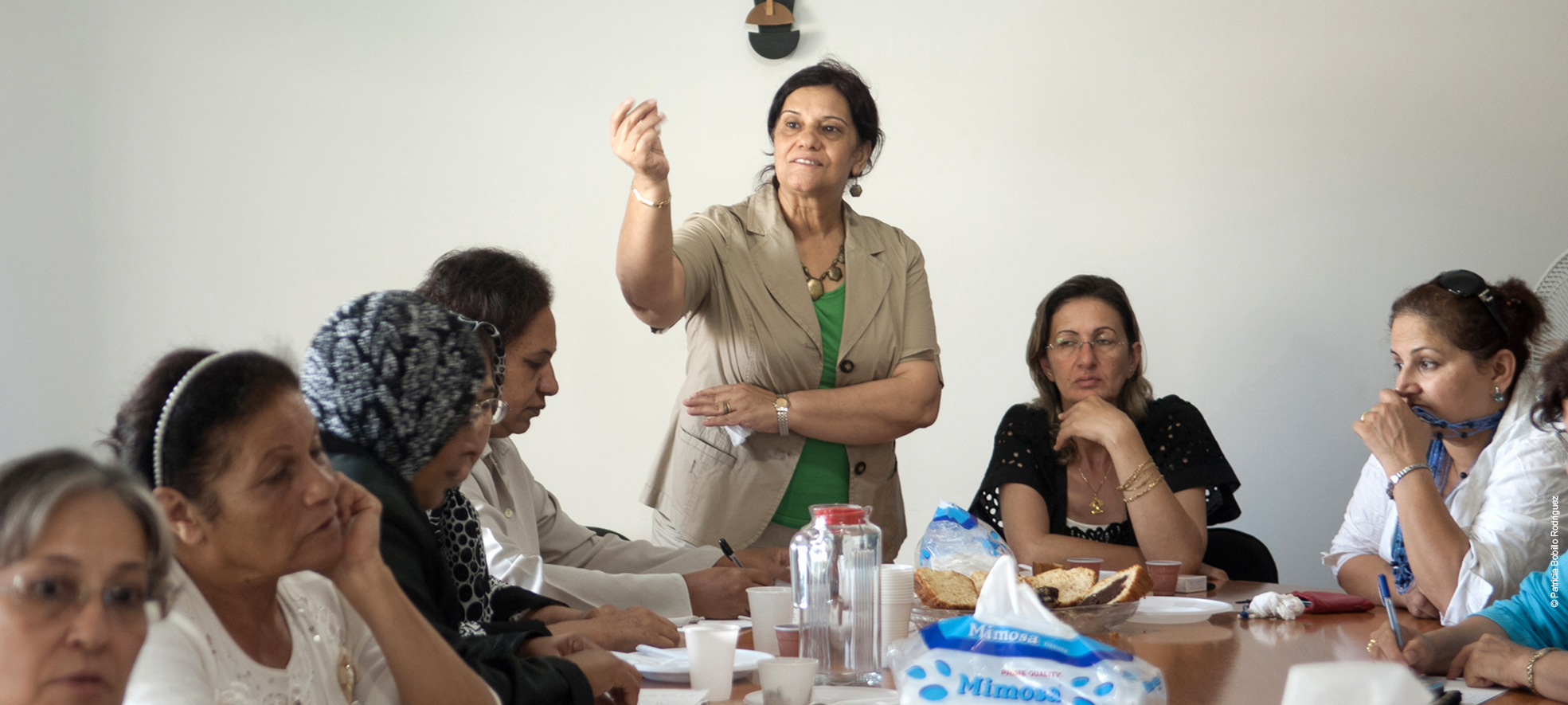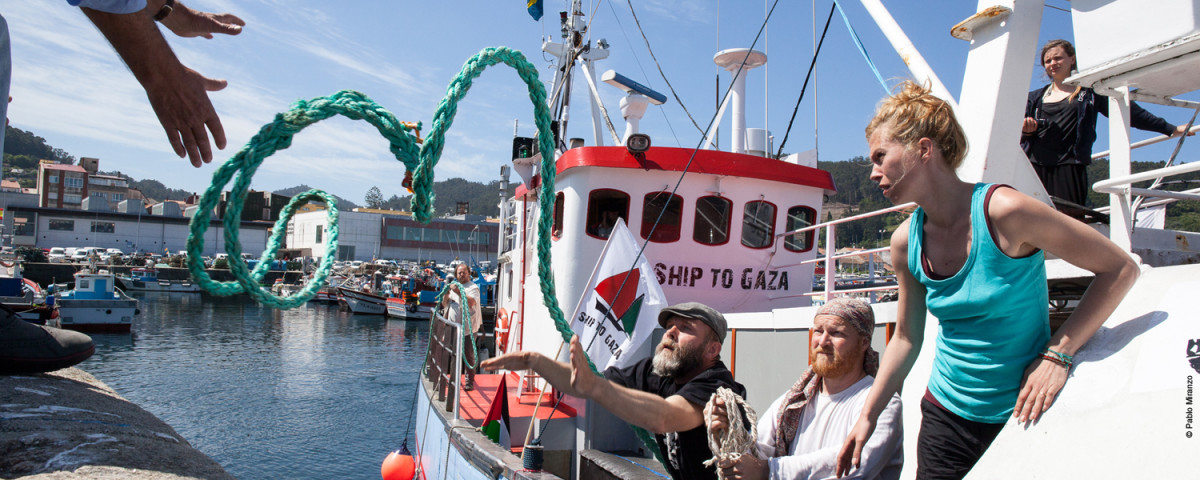Photo: 'Women in Marianne'/@Pablo Miranzo
Women’s boat to Gaza: a message of hope and solidarity
The Women’s Boat to Gaza (WBG) is a Freedom Flotilla Coalition (FFC)* initiative. By launching a women’s boat, women from all over the world aim to highlight the undeniable contributions and indomitable spirit of Palestinian women who have been central within the Palestinian struggle in Gaza, the West Bank, inside the Green Line and in the diaspora.
Gaza has been under Israeli blockade for the past decade, during which time Israel has also launched countless attacks against the besieged population, turning their life into a nightmare and a continuous struggle. Through Freedom Flotillas and other naval missions, we have brought international attention to their suffering and their resistance.
The WBG seeks not only to challenge the Israeli blockade, but to also show solidarity and bring a message of hope to the Palestinian people. With the support of women, men, non-governmental organizations, civil society groups and from women’s collectives and events around the world, we will make this happen.
*FFC is composed of civil society organizations and initiatives from many countries. We have been challenging the illegal and inhumane Israeli blockade of Gaza for years and are committed to continue the struggle until the blockade is unconditionally lifted and the Palestinian people everywhere regain their full rights.
The struggle of Palestinian women
Palestinian women have played a key role in community organisations and mobilisation since the first Intifada in 1987. Women’s influence was facilitated by a commitment to grassroots as opposed to military mobilization, a strategy that was particularly attractive to women given gendered constraints on political activity. In the beginning, women were given training and means to support their own households and participate in the uprising. New organisations were formed to fill in the gaps in services resulting from the struggle to keep their neighbourhoods and families together. When neighbourhood committees were outlawed in 1988, women formed other informal and formal groups. Some women working for the Palestinian National Authority (PA) and other formal organisations. However, because of the occupation, many other women work informally with their labor largely unrecognized.

Samira Salah (President of Ajyal Social Comunication Center) at a meeting with women from different associations and political parties, seeking to better living conditions for the Palestinian refugees in Lebanon. Beirut, 2009. ©Patricia Bobillo Rodríguez

